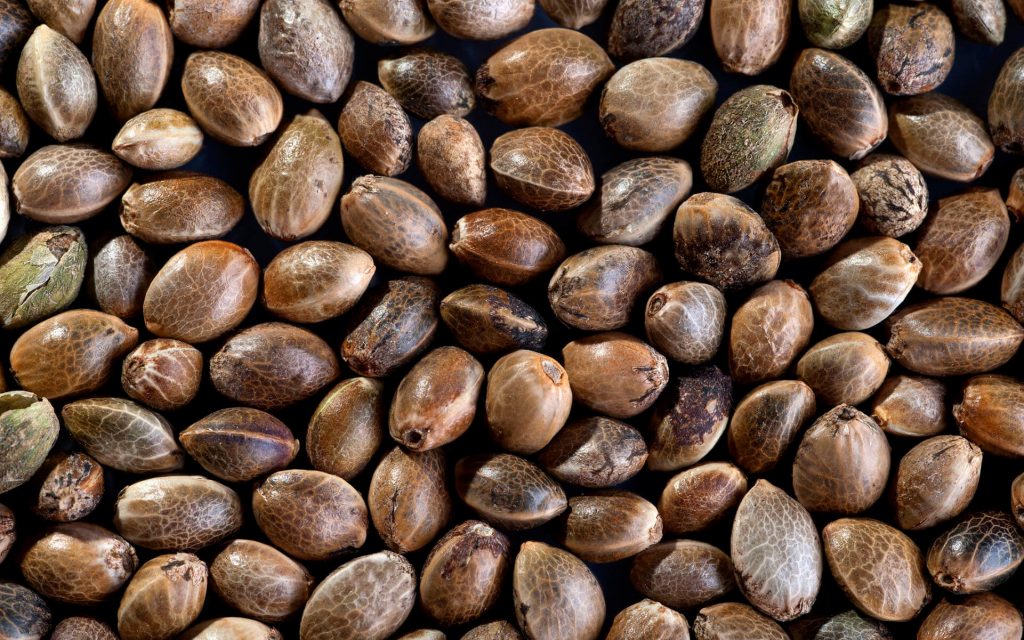In the realm of agriculture, the security of distinctive genetic strains is a essential facet that assures the variety and resilience of crops. Cannabis, frequently referred to as the “environmentally friendly gold,” is no exception to this basic principle. As the cannabis business continues to burgeon, it will become crucial to acknowledge and safeguard the assorted genetic strains that lead to the plant’s prosperous tapestry. This short article delves into the significance of preserving exceptional genetic strains in hashish seeds and the measures essential for their defense.
The Value of Genetic Diversity:
Genetic range is the foundation of a robust and adaptable plant species. In the scenario of cannabis, genetic range contributes to the plant’s means to resist pests, illnesses, and environmental stressors. Furthermore, it performs a pivotal position in creating strains with unique cannabinoid and terpene profiles, catering to assorted customer choices and medicinal requires.
Preserving best site and exclusive genetic strains makes sure the availability of a broad spectrum of characteristics inside the cannabis gene pool. This genetic reservoir is necessary for producing new kinds that can prosper in diverse climates, offer distinct therapeutic gains, and offer a assorted selection of sensory ordeals for end users.
Troubles to Genetic Diversity:
Regardless of the inherent importance of genetic variety, a number of difficulties threaten the preservation of one of a kind cannabis genetic strains. The principal worry lies in the lawful and regulatory landscape encompassing cannabis cultivation. Stringent polices and limitations on the cultivation, distribution, and trade of hashish seeds hinder the totally free stream of genetic product across borders.
Additionally, the rise of massive-scale industrial cultivation and the dominance of a several common strains pose a risk to the proliferation of lesser-acknowledged, exclusive genetic types. Devoid of adequate defense, these strains may turn into extinct or marginalized, ensuing in a loss of important genetic means.
The Function of Mental Home Legal rights:
Intellectual house rights (IPR) enjoy a crucial part in safeguarding unique genetic strains. By obtaining patents or plant breeders’ legal rights, breeders and cultivators can safeguard their creations, incentivizing innovation and investment in the hashish industry. Even so, the software of IPR in the hashish sector is complicated, with variations in lawful frameworks across different jurisdictions.
Some nations and locations have embraced the protection of hashish-connected mental property, while many others manage rigorous prohibitions. Creating a standardized and globally regarded framework for the security of hashish genetic strains can aid the improvement of a sustainable and progressive marketplace.
Group Engagement and Moral Concerns:
Preserving exceptional genetic strains is not exclusively a legal or regulatory challenge—it also consists of moral concerns and local community engagement. Several common hashish cultivators and indigenous communities have been the stewards of special genetic strains for generations. Recognizing and respecting their contributions to the cannabis gene pool is vital for sustainable and equitable growth.
Encouraging good trade practices, respecting classic awareness, and involving area communities in conservation initiatives are vital steps in ensuring the ethical preservation of cannabis genetic diversity. Collaborative initiatives involving industry stakeholders, scientists, and area communities can foster a a lot more inclusive and liable method to genetic strain defense.
The Purpose of Seed Banking companies:
Seed financial institutions engage in a pivotal position in the conservation and distribution of hashish genetic substance. These repositories retail outlet a varied array of seeds, acting as a safeguard versus decline because of to natural disasters, conflicts, or regulatory changes. Seed financial institutions also provide as valuable sources for breeders and researchers trying to get to establish new and resilient hashish types.
General public and personal seed banking institutions, working in conjunction with intercontinental organizations, can contribute to the world energy of preserving special genetic strains. Collaboration and information-sharing amongst seed financial institutions can aid create a extensive database of hashish genetic diversity, making sure its accessibility for long term generations.
Conclusion:
The protection of special genetic strains in cannabis seeds is not just a make a difference of preserving biodiversity—it is a safeguard for the potential of the cannabis field and its probable contributions to medicine, agriculture, and buyer well-being. Balancing legal frameworks, moral concerns, and neighborhood engagement is necessary for building a sustainable and inclusive tactic to genetic strain security.
As the cannabis landscape proceeds to evolve, it is our collective duty to cultivate a conscious and forward-contemplating industry—one that values the richness of genetic variety and assures the longevity of the inexperienced gold.

